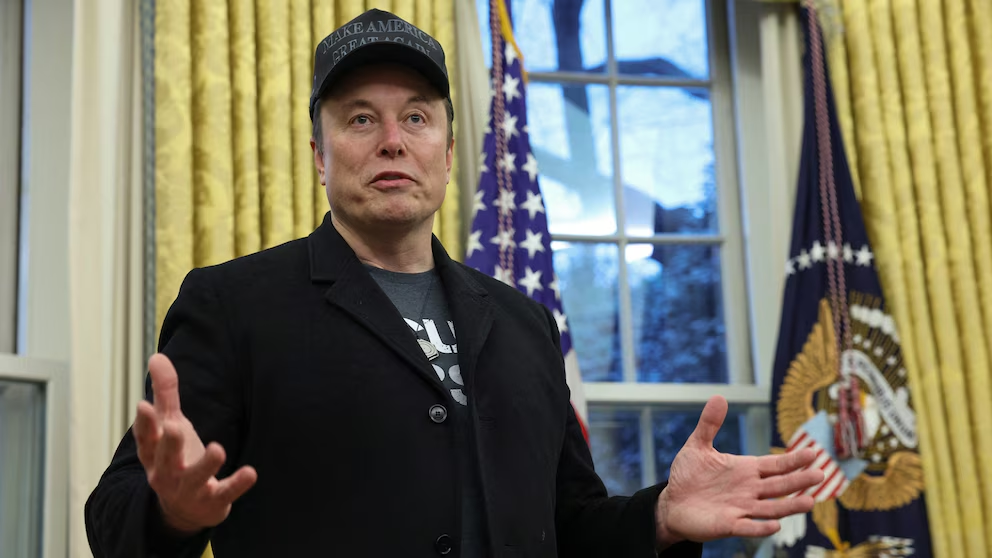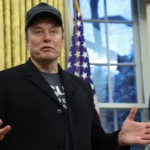Elon Musk’s recent White House farewell stirred more than political commentary — it ignited curiosity nationwide. Appearing with a prominent black eye during the send-off, Musk finally addressed the buzz, revealing that his five-year-old son caused the injury during playful roughhousing. “I said, ‘Go ahead, punch me in the face.’ And he did,” Musk joked, diffusing speculation with his signature candor.
The farewell marked the end of Musk’s 130-day tenure as a special government employee, leading the Department of Government Efficiency (DOGE) under President Donald Trump. Despite his departure, Trump presented Musk with a ceremonial golden key and confirmed that the tech billionaire will continue to advise the administration informally on streamlining bureaucracy.
Musk’s time in the Trump administration was both influential and divisive. He oversaw substantial spending cutbacks that purportedly saved $175 billion, but he also faced criticism for mass layoffs and charges of drug usage, which he has officially denied. The black eye merely added to the social media hysteria around his unconventional government post.
As he leaves his formal position, Musk emphasises that he is “not going far.” Whether from the sidelines or center stage, his influence on policy, innovation, and public discourse shows no sign of fading. His farewell, bruise and all, was a fitting end to a bold, headline-making chapter in political history.









